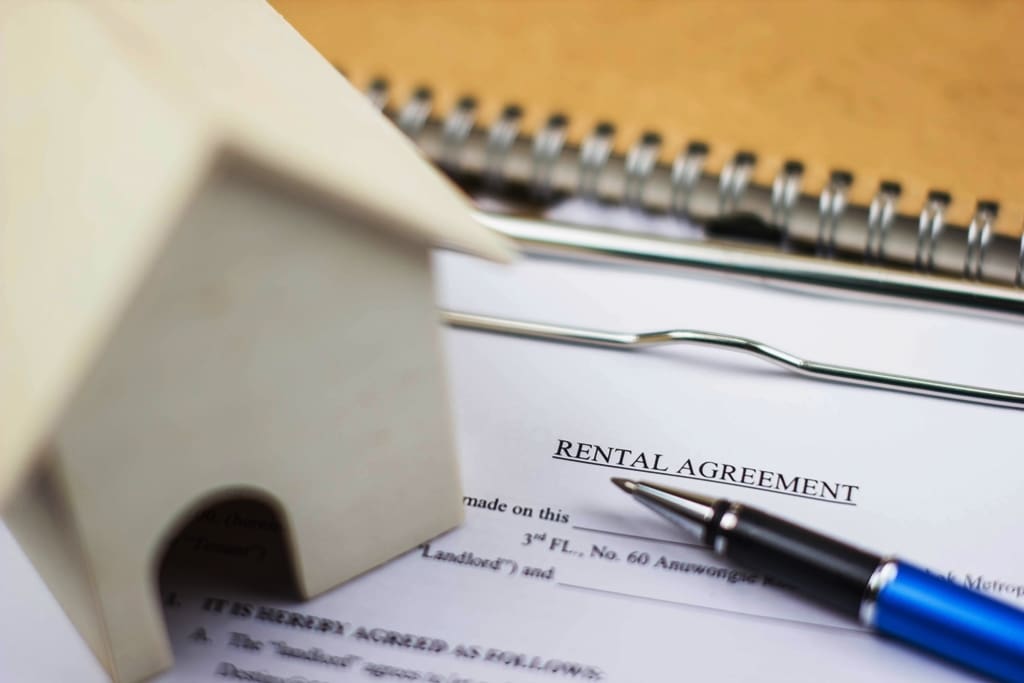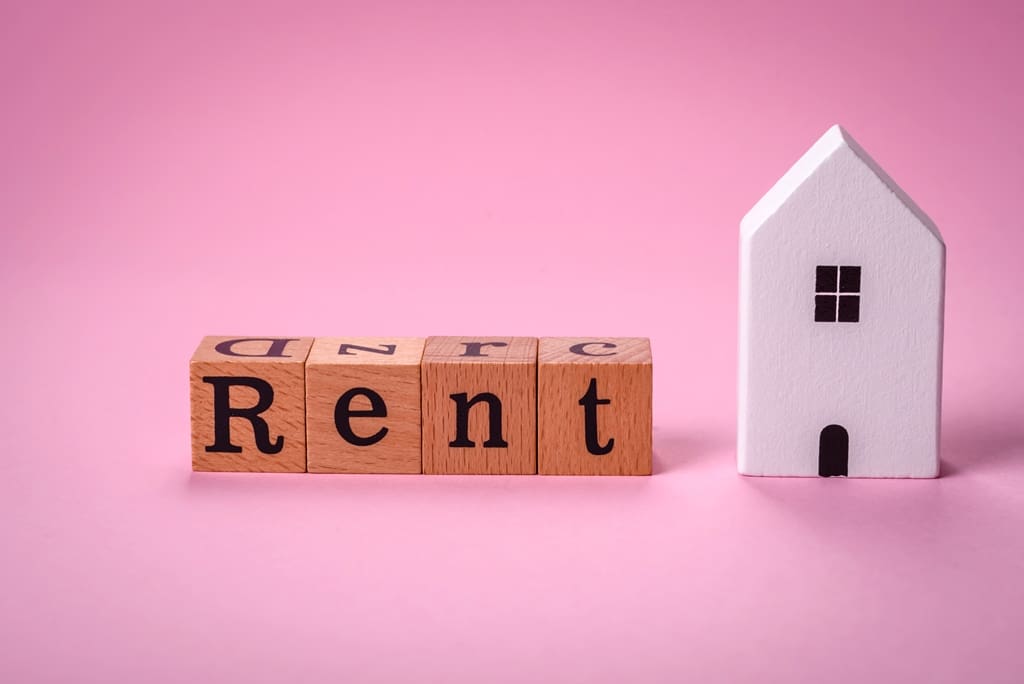In today’s era of rising expenses and evolving living arrangements, many homeowners are contemplating the idea of renting out a portion of their home. Whether it’s a spare bedroom, a basement apartment, or a cozy attic space, utilizing unused areas can be a lucrative opportunity. However, before diving into the landlord role, it’s crucial to weigh the pros and cons.
Benefits of Renting Out a Portion of Your Home:
- Additional Income: One of the most appealing aspects of renting out part of your home is the potential for extra income. This additional cash flow can help offset mortgage payments, cover maintenance costs, or even fund your savings goals.
- Maximized Space Utilization: Unused rooms or a finished basement can serve a better purpose when rented out. Instead of collecting dust, these spaces can become functional and contribute to your household’s overall efficiency.
- Tax Benefits: Depending on your location and the rental laws in your area, you may be eligible for various tax deductions related to rental income, property depreciation, and maintenance expenses.
Risks and Considerations:

- Tenant Issues: Dealing with tenants can be challenging, especially if disputes arise or if they fail to pay rent on time. Screening tenants thoroughly and setting clear rental agreements can mitigate these risks. Be sure you check not only credit worthiness but also criminal history.
- Wear and Tear: Renting out part of your home inevitably leads to increased wear and tear. Regular maintenance and repairs may be necessary to uphold the property’s value.
- Privacy Concerns: Sharing your living space with tenants means sacrificing some level of privacy. Consider whether you’re comfortable with having others in close proximity and sharing common areas.
Key Considerations Before Renting Out:

- Legalities: Familiarize yourself with local rental laws, zoning regulations, and homeowner association rules before proceeding. Make sure you have access to a lease/rental agreement and fully understand the terms before you move forward with a tenant.
- Financial Analysis: Calculate potential rental income against expenses like insurance, utilities, and maintenance to ensure profitability.
- Tenant Screening: Implement a thorough screening process to find reliable tenants who can uphold their rental obligations.
- Marketing Expenses: You will need to market your rental space to attract potential tenants. Consider hiring a real estate agent, who may be able to significantly widen the marketing base. An agent can also assist in tenant screenings to help you find qualified clients.
In conclusion, renting out a portion of your home can be a lucrative opportunity, but it’s essential to weigh the benefits against the risks and make an informed decision. With proper planning, careful consideration, and adherence to legal requirements, you can turn your unused space into a valuable asset.
#RentingOutSpace, #HomeRental, #ExtraIncome, #LandlordTips, #PropertyManagement, #TenantScreening, #HomeOwnership, #FinancialPlanning, #SpaceUtilization, #RealEstateInvesting
